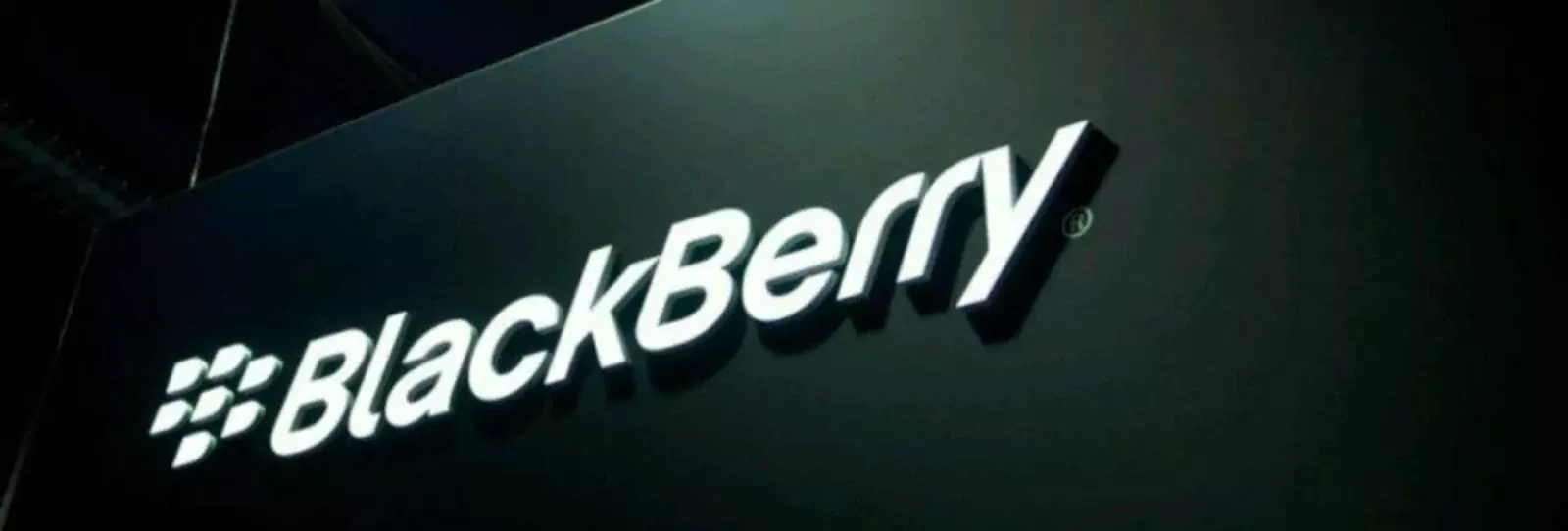BlackBerry CEO John Chen has taken to the Inside BlackBerry Blog to share his thoughts on Net Neutrality and is asking Congress to widen what net neutrality means to include applications, what Chen calls ‘App Neutrality’!
Chen starts off well enough, identifying the core of net neutrality as the principle that all internet traffic should be treated equally and service providers shouldn’t be allowed to create discriminatory fast and slow lanes, however Chen finds that basic definition inadequate.
Without a shadow of a doubt his comments on app and content neutrality will grab the most attention.
Application/Content Neutrality – BlackBerry has been in the midst of a turnaround since I took over as Executive Chairman and CEO in November 2013. During the past 15 months the company has stabilized and introduced a variety of new products as we pivot away from our prior reliance on hardware to become a full-service, device-agnostic provider of highly secure and productive software and services. Our balance sheet is strong and our turnaround is proceeding apace.
Key to BlackBerry’s turnaround has been a strategy of application and content neutrality. For example, we opened up our proprietary BlackBerry Messenger (BBM) service in 2013, making it available for download on our competitors’ devices. Tens of millions of iPhone and Android customers around the world have since downloaded BBM and are enjoying the service free of charge. Last year we introduced our secure BES12 mobile device management software, once again designed to manage not just BlackBerry phones but also available for enterprises and government agencies whose employees use iPhone and Android devices.
Unfortunately, not all content and applications providers have embraced openness and neutrality. Unlike BlackBerry, which allows iPhone users to download and use our BBM service, Apple does not allow BlackBerry or Android users to download Apple’s iMessage messaging service. Netflix, which has forcefully advocated for carrier neutrality, has discriminated against BlackBerry customers by refusing to make its streaming movie service available to them. Many other applications providers similarly offer service only to iPhone and Android users. This dynamic has created a two-tiered wireless broadband ecosystem, in which iPhone and Android users are able to access far more content and applications than customers using devices running other operating systems. These are precisely the sort of discriminatory practices that neutrality advocates have criticized at the carrier level.
Therefore, neutrality must be mandated at the application and content layer if we truly want a free, open and non-discriminatory internet. All wireless broadband customers must have the ability to access any lawful applications and content they choose, and applications/content providers must be prohibited from discriminating based on the customer’s mobile operating system.
In John Chen’s view, there should be a mandated form of app distribution or development that allows a developer to target all platforms neutrally as a primary citizen of that operating system.
In other words, if a company develops an app for iOS and Android, they MUST also make a version for BlackBerry and all other operating systems.
Chen’s use of BBM is perhaps not the most prudent one. BlackBerry witheld BBM from other platforms for years and, arguably, finally went cross platform because they were forced to. The huge majority of consumers weren’t buying their phones.
Chen seems to be taking the view that Google, Apple and Microsoft have to sink thousands of manhours to port apps to BlackBerry because BlackBerry made BBM cross platform!
When it comes to apps, developers don’t always build for all platforms, and Apple is a prime example of that. Everyone builds apps for Apple, including BlackBerry, Microsoft, and Google, but Apple doesn’t build any apps for their mobile competitors. The problem with that argument though is that Apple has the numbers to justify other companies developing for the platform. If Apple didn’t sell devices in the huge numbers that they do, Microsoft, Google and others wouldn’t develop apps for the platform. It’s as simple as that.
If John Chen had his way, this would change, and everyone would be sharing everything regardless of what mobile OS they were using.
While John Chen has been good for BlackBerry, this may not be his finest hour. In effect he has highlighted more than ever the problem that BlackBerry has getting developers to develop native apps for the platform
Does BlackBerry really need a law introduced to force developers to produce BlackBerry 10 apps?



